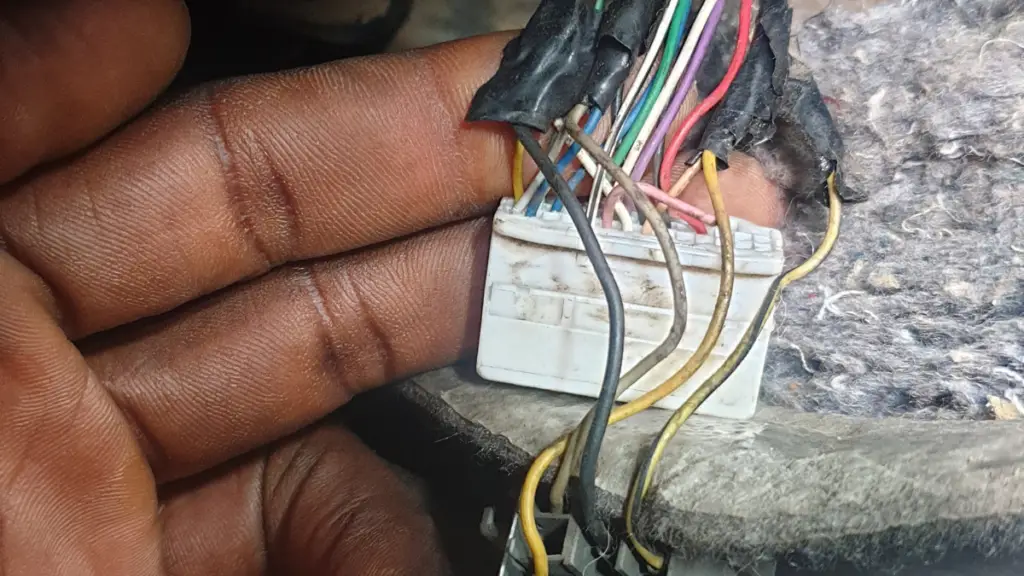
Owning a car means being prepared for unexpected expenses. Electrical issues can arise suddenly and need immediate attention.
Knowing the potential costs of car electrical repairs can help you avoid financial surprises and ensure your car stays reliable.
But electrical issues don’t just create dangerous situations; they can wreak financial havoc too.
Even a small problem often requires expensive solutions—a flickering light could signal anything from a new bulb to an urgent alternator replacement.
How much do car electrical problems cost? More than most drivers expect. Electrical failures can turn your smooth ride into a budget-busting nightmare rollercoaster.
Troubleshooting an alternator can cost $300 to $700 or more. Diagnosing and fixing wiring issues typically costs $100 to $300. Even a new car battery averages around $100 to $200 installed.
But how much do we really know about the intricate electrical networks powering our vehicles? And what maintenance helps avoid budget-draining electrical issues?
Join me as we shed light on car electrical systems and bust expensive repair bills. After this ride, malfunctions won’t leave you stranded in the dark or the red
Contents
Without this complex web of wires, fuses, and computer controls, your vehicle wouldn’t be more than an inert mass of metal.
The electrical system is the animating force that brings all the mechanical parts to life. It lets your engine breathe, your lights shine, and your stereo blast.
But if you neglect the upkeep of this intricate network, problems will cascade. Like forgetting to pay the electric bill, critical systems start shutting down.
The engine won’t turn over. Gauges go dark. Functions flatline until you’re stranded with a dead battery or failed alternator.
| Electrical Repair ServiceReplacement Cost ($) | |
|---|---|
| Bulb Replacement | $30 |
| Fuse Replacement | $50 |
| Battery Replacement | $100 – $200 |
| Alternator Replacement | $300 – $700 |
| Starter Motor Replacement | $200 – $500 |
| Ignition Coil Replacement | $100 – $300 |
| Spark Plug Replacement | $50 to $150 |
| Wiring Repair | $100 – $300 |
| Power Window Motor Replacement | $150 – $350 |
| Headlight Assembly Replacement | $100 – $400 |
| ECU Repair | $200 – $1000 |
Signs of Failing Car Electrical System
As the car industry evolves, so do electrical problems.
Modern cars rely heavily on electrical systems to function properly, putting more pressure on components that work collectively to ensure the smooth running of the car.
components like battery replacement, alternator replacement, electronic control unit (ECU) replacement, and kick-starter replacement.
Below are the five most common signs of failing car electrical systems that I have often addressed in my 15 years as an auto electrician.
Dim headlights, flickering dashboard lights, or weak horn signals
If you notice that your headlight bulbs are dimmer than usual, your dashboard light bulbs are flickering, or your horn signals are weak, these could be common symptoms of an electrical problem related to the battery or the charging system of the car.
How do I know? well as an industry expert,
Car batteries should have:
- high cold cranking amp (CCA) rating to provide sufficient power to start the engine in cold weather. Usually around 500+ CCA minimum for modern cars.
- High reserve capacity rating (RC) for battery life. 75+ minutes of RC is good.
- Maintaining charge, i.e., it should keep over 90% charged for days when not in use.
- Durability: it should withstand vibration, heat, and cold. Thick, durable plates resist deterioration.
- Minimal self-discharge rate so storage doesn’t drain capacity over time.
- Decent warranty coverage (3-5 years, commonly).
Alternators should have:
- High output amperage (at least 90+ A) to meet vehicle electrical loads and recharge batteries.
- Consistent power output across the engine RPM range, not just at high RPMs.
- Durable components that won’t easily fail, like brushes, bearings, and diodes.
- Voltage regulation to maintain a steady ~14V charge to the battery.
- a decent longevity of 100,000+ miles under normal use.
- Ability to power essential electric systems reliably.
Note: If any condition falls short of this criteria, you will start to need my services or those of your electrician.
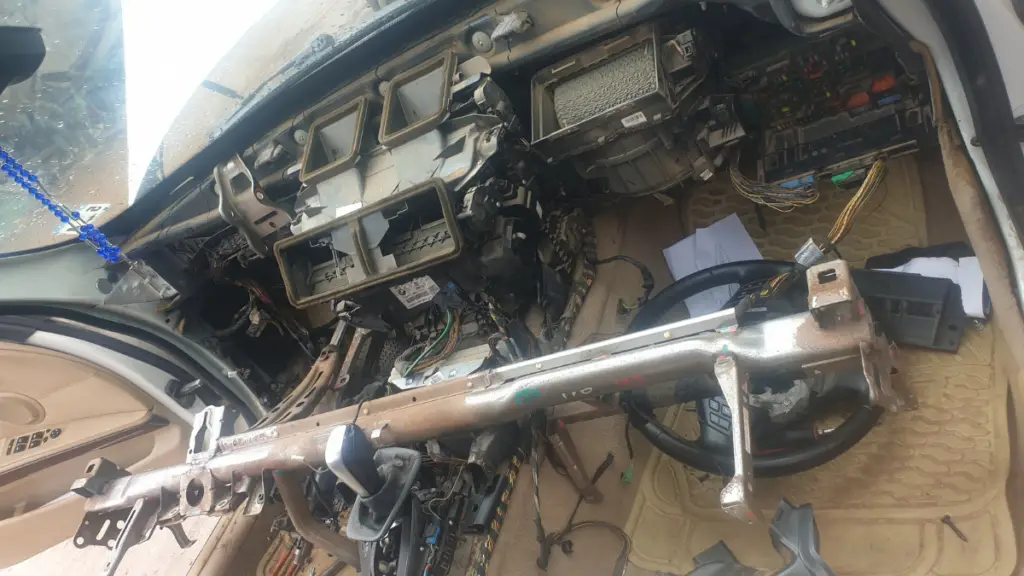
Difficulty starting the engine
The starting process of any car is the same for all models except for, say, hybrid cars or Teslas, which I have not had the opportunity to work on.
For a car to start, you need the ignition key, the battery, and the kick-starter to communicate harmonically.
When you turn the key or push the start button on your car, there is a signal sent to a relay, which in turn signals the Kickstarter to turn the engine.
All of this is possible because of the car battery. Therefore, it becomes impossible only if the battery is low and short of its requirements, as mentioned above, or if the kick-starter relay, brushes, or even worn-out Bendix are faulty.
Moreover, have you noticed a surge in the average repair cost for your car? Regular maintenance can help prevent these issues and keep your car running smoothly.
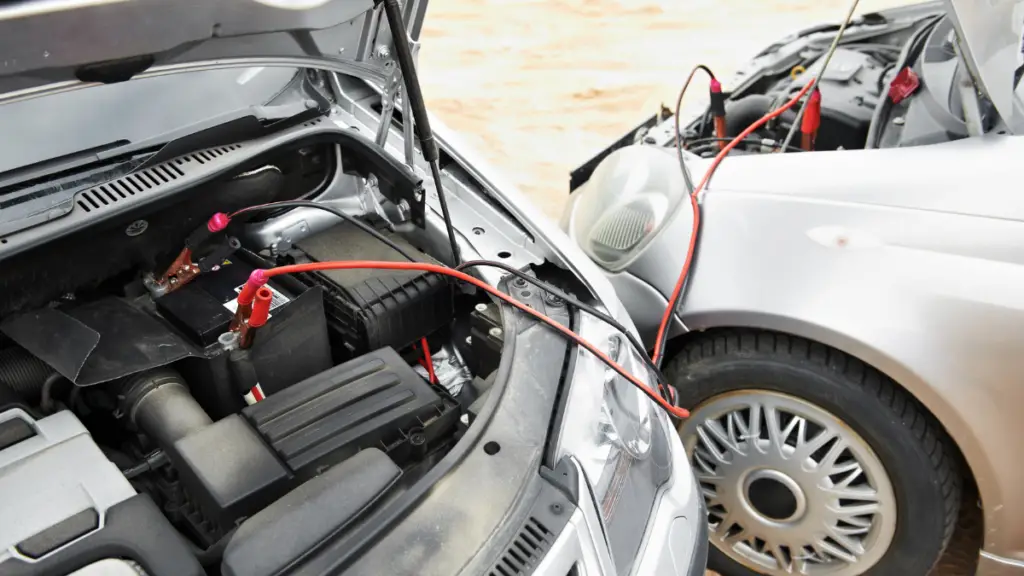
Malfunctioning power windows, locks, or mirrors
When your power windows, central locks, or mirrors aren’t functioning correctly, it could be due to an electrical issue in your car.
This could be caused by a faulty battery, a blown fuse, or computer modules.
Power windows, power door locks, and power mirrors are some of the most convenient automotive luxury features.
But when these systems start malfunctioning, it signals an underlying electrical issue that should be addressed promptly.
Faulty power windows are one of the most common symptoms, where the windows get stuck, make grinding noises, or fail to open or close properly.
The causes often point to electrical problems like low car battery voltage, blown power window fuses, or failure of the window motor, regulator, or control switch. Replacing worn-out power window motors typically costs $150–$350 for parts and labor.
Similarly, central power door locks can suddenly stop working or start acting erratically. The door locks may fail to engage fully or not respond to remote key fobs or interior switch controls. Wiring faults, bad door lock actuators, or body control module issues can be to blame, costing $200 or more to fix in some cases.
Power mirrors that stop moving or get stuck in certain positions indicate an electrical glitch.
Loose mirror wiring and connections are common culprits. But the mirror motors themselves or mirror control modules in the doors can also degrade over time, necessitating $100+ replacements.
Strange smells from under the hood or dashboard
Few things are scarier than catching a whiff of something burning from your vehicle’s interior. Unusual smells originating from under the hood or behind the dashboard typically mean electrical problems are afoot.
You should never ignore such warning signs, as they often precede serious and potentially dangerous electrical failures.
Smoke and burning odors are common symptoms of electrical short circuits and overloaded wires. Inexpensive repairs like wiring and insulation fixes may resolve minor issues.
But extensive harness and connector replacements can cost upwards of $300 or more if the problem is left unchecked. Melted circuits or charred components will be even more expensive to replace.
Electrical problems in cars can be caused by various issues, such as an electrical short, a blown fuse, or a low system voltage. These issues can result in increased costs for repairs.
If you experience any signs of car trouble, it’s important to have a professional mechanic check out your car to diagnose and fix the problem before it escalates and becomes more costly.
Remember, folks: taking care of our cars’ electrical systems is just as important as charging our phones, especially when considering the cost.
How much do car electrical problems cost?
The cost of resolving car electrical problems, such as damaged wiring harnesses, can vary significantly. Generally, the repair expenses can range from $100 to $500, depending on the severity of the damage and the complexity of the required repairs.
Faulty alternators
A failing or dead alternator is one of the most dreaded electrical system issues. When the alternator stops supplying power, your car is essentially running on borrowed time. Once the battery charge is depleted, everything electrical will die without that crucial alternating current from the alternator.
Unfortunately, alternator problems tend to strike without much warning. One day your car is driving fine; the next, your battery light is glowing red and the engine won’t turn over.
Alternator diodes, bearings, and brushes degrade gradually over tens of thousands of miles. Then suddenly, there was no more power.
The costs of replacing an alternator are not insignificant. Parts alone can run $200 to $350 or more.
Then factor in 2+ hours of labor at $100 per hour or higher. Most mechanics charge $300 to $700 overall to install a new alternator, varying by car make and model.
Japanese and American cars from Toyota, Honda, Ford, GM, etc. fall on the lower end, around $300 to $500. European cars from BMW, Mercedes, and Volkswagen often cost $500 to $700+ with pricier parts and labor.
Malfunctioning starter motor
A failing starter motor can manifest in different ways. You may hear grinding noises when trying to start the engine, have intermittent issues starting up, or the engine may not crank at all. Diagnosing the specific problem is key.
If the starter is still partially functional, a technician may be able to repair it for less than a full replacement. For example, replacing the starter solenoid or repairing stuck brushes might cost $150–200 rather than $300+ for a new starter.
However, if the motor is completely shot, a new starter will be required. The part alone ranges from $100 for basic economy models to $350 or more for heavy-duty and luxury vehicle starters. Then add 1-3 hours of labor.
You can save money by shopping around. Dealerships often charge high prices, whereas independent mechanics may provide competitive pricing.
And consider remanufactured starters, as they contain rebuilt components for less.
Preventative maintenance like testing battery voltage and listening for grinding noises can provide early warning of starter motor failure

Faulty ignition switch
Symptoms of a failing ignition switch include the key sticking in the ON position, a loss of power while driving, or the car completely shutting off unexpectedly. These indicate it’s time for a switch replacement.
The part itself usually costs between $50 and $150, depending on the make and model. Labor adds another $100-$150 for the 1-2 hours needed to remove the steering column covers and install the new switch.
You can save money by shopping around, as dealers and specialists may charge more in labor compared to independent mechanics. Also consider remanufactured ignition switches, as they contain rebuilt components for less.
In some cases, a technician may be able to repair stuck switches or connections rather than fully replacing them, saving on parts costs. But have them diagnosed properly, as DIY repairs risk damaging the ignition cylinder.
Preventative steps like lubricating the key cylinder and checking for worn keys can help avoid premature switch failure.
Damaged wiring harnesses
Finding the root of mysterious electrical glitches in your car often leads back to the wiring harnesses.
These intricate webs of cables and connectors control practically everything in modern vehicles. So when harness damage occurs, unexpected surprises follow.
How much do wiring harness repairs typically cost? The price tag depends on a few key factors:
Extent of Damage: Minor chafing or loose connectors cost less to fix than completely fried circuits. Replacing entire harness sections bumps up labor time and materials.
Location: Accessing hard-to-reach harnesses buried deep in the dash or body adds expenses. Easy under-hood access reduces labor hours.
Vehicle Make: More complex vehicle electronics equal pricier harness replacements. European and luxury brands cost more than economy cars.
On average, expect to pay $100 to $300+ for a minor harness repair. But whole harness replacements can reach $500 to $1,000 or beyond, depending on the damage complexity and vehicle.
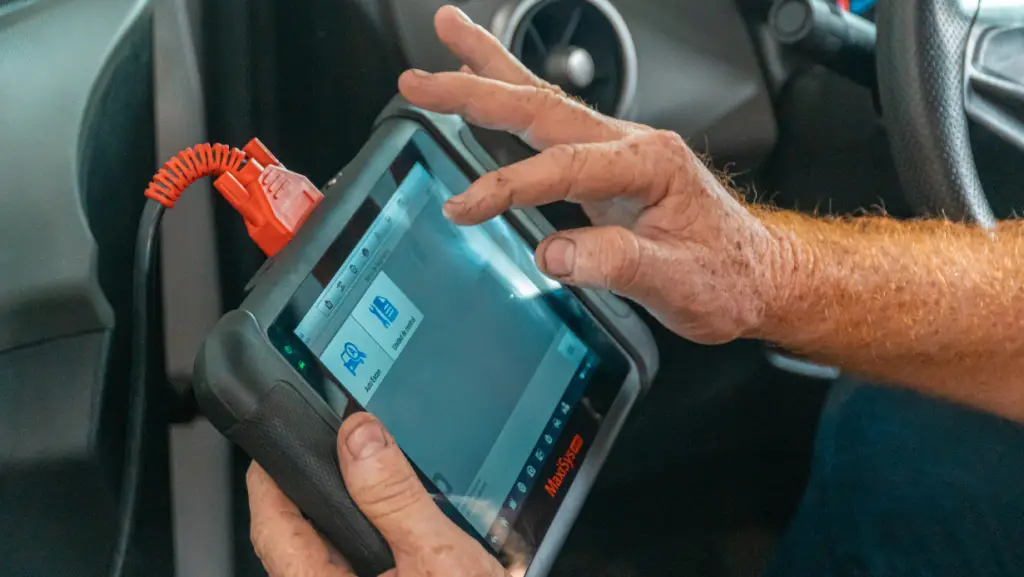
Diagnosing and Fixing Car Electrical System Issues
Again, how much do car electrical problems cost? To accurately identify the underlying causes of car electrical problems, electricians often rely on diagnostic tools like multimeters and testers.
These handy devices help measure the voltage, resistance, and continuity in different parts of the car electrical system.
- Electricians diagnose issues by testing components like batteries and alternators to pinpoint faults
- Damaged wiring and loose connections are common fixes, sometimes requiring full wiring replacement
- Repairs often involve swapping damaged parts like fuse boxes and ignition coils for new, functioning ones
- Modern vehicle electronics are increasingly complex, requiring specialized knowledge and tools
- It’s crucial to use a trusted repair shop that specializes in electrical system diagnosis and repair
Car Care Tips for Electrical Systems
On like mechanical repairs Electrical repairs, in my opinion, require more attention because they can fail without any signs. However, if you know the tricks to spot them early, you will be ahead of any surprises.
Regularly inspect battery terminals
To prevent electrical issues, it’s important to regularly inspect your car’s battery terminals for corrosion. Corrosion can interfere with the flow of electricity and lead to problems starting your car or even complete electrical failure.
If you notice any buildup or corrosion on the terminals, it’s crucial to clean them properly.
This can be done using a mixture of baking soda and water or a specialized battery terminal cleaner.
By keeping the terminals clean, you’ll ensure a strong connection and minimize the risk of electrical problems.
Avoid Overloading the Electrical System
One common mistake many car owners make is overloading their vehicle’s electrical system by using excessive aftermarket accessories.
Adding too many gadgets, like high-powered sound systems, extra lighting, or charging multiple devices simultaneously, can strain the electrical system beyond its capacity.
This can lead to blown fuses, drained batteries, or even damage to sensitive components like the alternator.
It’s essential to be mindful of how much power your car’s electrical system can handle and avoid going overboard with accessories.
Keep the engine bay clean.
Keeping your car’s engine bay clean and free from debris is another preventive measure against electrical problems.
Debris such as leaves, dirt, or oil spills can accumulate in the engine bay and potentially cause damage to wiring connections or sensors.
Regularly inspecting and cleaning the engine bay will eliminate these risks and help maintain a healthy electrical system.
Follow manufacturer’s maintenance schedule
Following the manufacturer’s recommended maintenance schedule is vital for maintaining a healthy electrical system in your car.
This includes regular inspections of spark plugs, which play a crucial role in igniting fuel within the engine cylinders.
Worn-out spark plugs can affect engine performance and put additional strain on the electrical system.
If your vehicle is equipped with parking sensors or other electronic components, following maintenance guidelines will ensure they are functioning optimally.
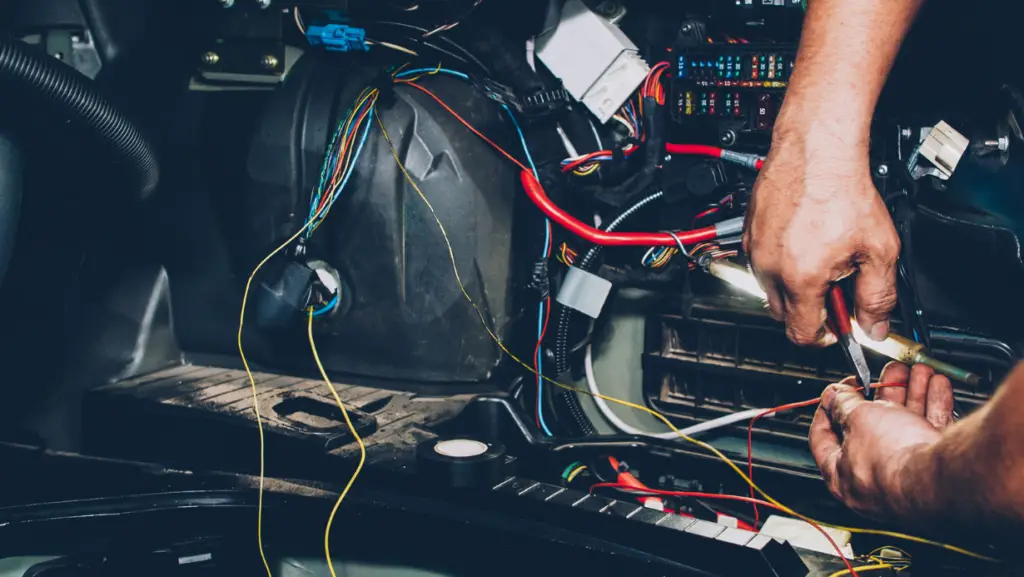
How to Choose a Reliable Car Electrician
When electrical issues arise, you want an experienced professional you can trust. But with countless car electricians out there, how do you pick one that will get the job done right?
According to research by AutoMD, electrical problems account for nearly 9% of all vehicle repairs. As the complex electronics of modern vehicles continue to evolve, a skilled electrician is essential.
Seeking an ASE-certified technician is highly recommended, as this indicates they passed rigorous exams on electrical system diagnostics and repair. Data from the ASE shows that certified technicians average 24% fewer comebacks after repairs versus non-certified technicians.
Reviews and references can also offer insight into an electrician’s capabilities. Consumer Reports data reveals that shops with a 4+ star customer rating averaged 12% more positive service quality feedback. Cross-reference online reviews with trusted local referrals.
Verify they have experience with your particular vehicle make and model, as electrical architectures vary between manufacturers.
RepairPal notes that specialty training in domestic, import, or European cars can improve diagnosis accuracy by up to 15% in some cases.
Lastly, inspect their shop. A clean, orderly shop with modern diagnostic tools indicates attention to detail. Once you’ve found a few promising candidates, get written estimates before approving any repairs.
Taking the time to choose your electrician carefully provides peace of mind that your vehicle is in knowledgeable hands.
Following these research-backed tips will help you select a shop poised to solve your electrical problem right the first time.
Future of Car Electrical Systems: What to Expect
Advancements in technology are shaping the future of car electrical systems, bringing about exciting changes and challenges. Here’s what you can expect:
More complex systems
As technology continues to evolve, car electrical systems are becoming more complex.
This means that diagnosing and fixing issues may require specialized knowledge and expertise.
It’s important for car owners to be aware of this trend and seek out qualified professionals who understand these intricate systems.
The rise of electric vehicles (EVs)
Electric vehicles (EVs) are gaining popularity due to their eco-friendly nature and cost-efficiency. However, they come with their own set of unique electrical challenges.
Repairing EVs requires specific training and an understanding of high-voltage systems.
As EV adoption increases, it is crucial for technicians to stay updated on the latest advancements in electric vehicle technology.
Integration of artificial intelligence (AI)
With the integration of artificial intelligence (AI), car diagnostics will become more efficient than ever before.
AI-powered systems can analyze vast amounts of data quickly, helping identify potential issues with car electrical systems accurately.
This can save time during repairs and ensure problems are addressed promptly.
Wireless charging technology
The development of wireless charging technology has the potential to revolutionize how cars are powered.
Instead of relying solely on traditional plug-in charging methods, wireless charging allows vehicles to charge simply by parking over a designated pad or mat.
As this technology advances further, it could eliminate the need for physical charging stations altogether.
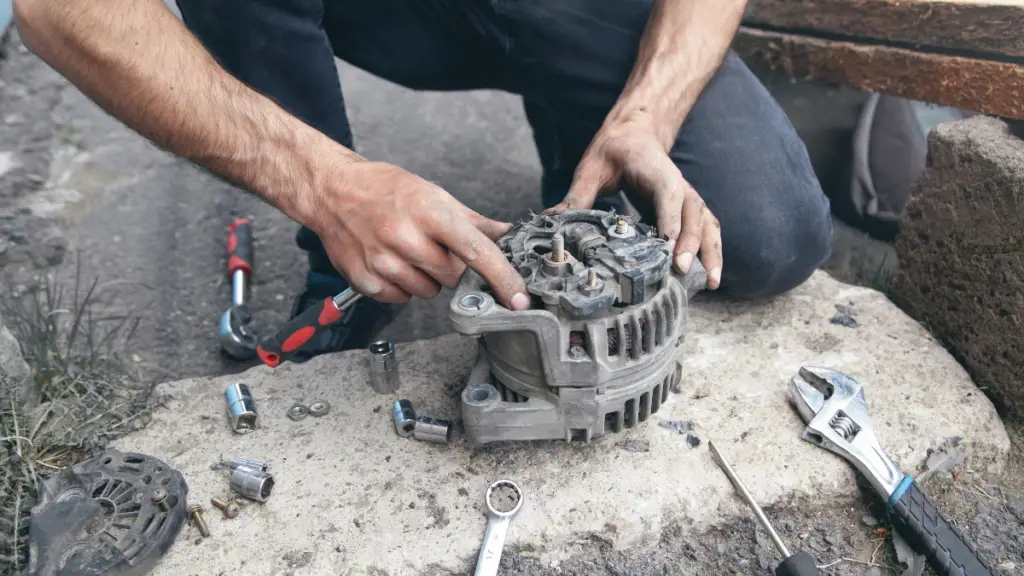
Conclusion
Congratulations! You are now equipped with valuable knowledge about car electrical problems and their associated costs.
By understanding the signs of a failing car electrical system, common problems, repair costs, diagnostic methods, preventive measures, and how to choose a reliable car electrician, you can confidently navigate through any electrical issues that may arise.
Now it’s time to take action. If you suspect your car has electrical problems, don’t delay getting it checked by a professional.
Ignoring these issues can lead to more expensive repairs down the road. Remember, prevention is key.
Regularly maintaining your car’s electrical system and following the preventive tips mentioned earlier will help keep your vehicle running smoothly.
So go ahead and be proactive in caring for your car’s electrical system.
Don’t let those pesky electrical gremlins dampen your driving experience. Stay vigilant and address any issues promptly to ensure a safe and reliable ride.
FAQ
1. How do I know if my car has an electrical problem?
If you notice dim or flickering lights, difficulty starting the engine, malfunctioning electronics (such as power windows or radio), or strange smells coming from under the hood, these could be signs of an underlying electrical issue.
2. Can I fix car electrical problems myself?
Yes, some minor issues, like blown fuses or loose connections, can be fixed by DIY enthusiasts with basic knowledge and tools.
3. How much does it cost to repair a car’s electrical system?
The cost of repairing a car’s electrical system varies depending on the specific problem and the make and model of your vehicle. Minor repairs can range from $100 to $500, while major repairs may cost upwards of $1000 or more.
4. Are there any ways to prevent car electrical problems?
Yes! Regularly inspecting your battery, keeping connections clean and secure, avoiding overloading the electrical system, and addressing any issues promptly can help prevent car electrical problems.
5. How do I choose a reliable car electrician?
When choosing a car electrician, look for professionals with experience, certifications, and positive customer reviews. Ask for recommendations from friends or family members, and don’t hesitate to inquire about warranties or guarantees on their work.

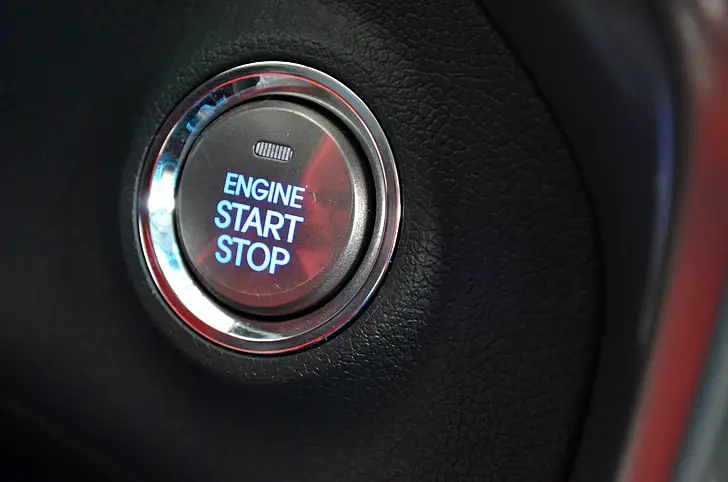
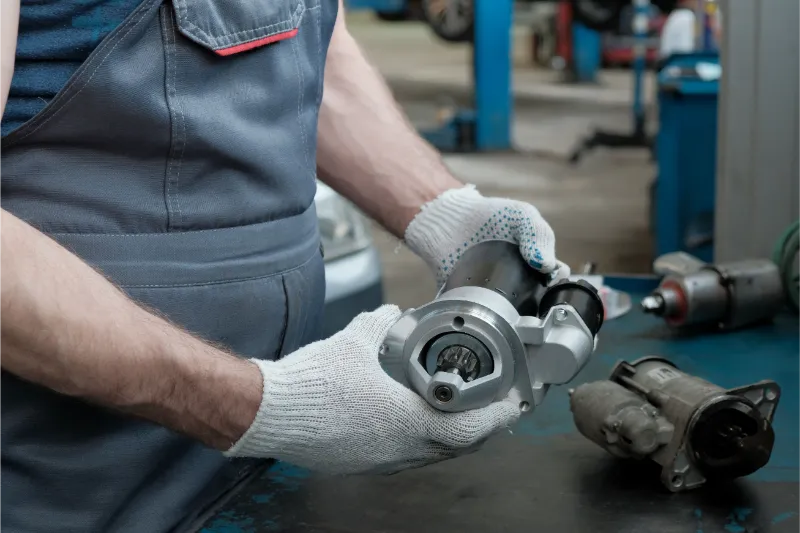
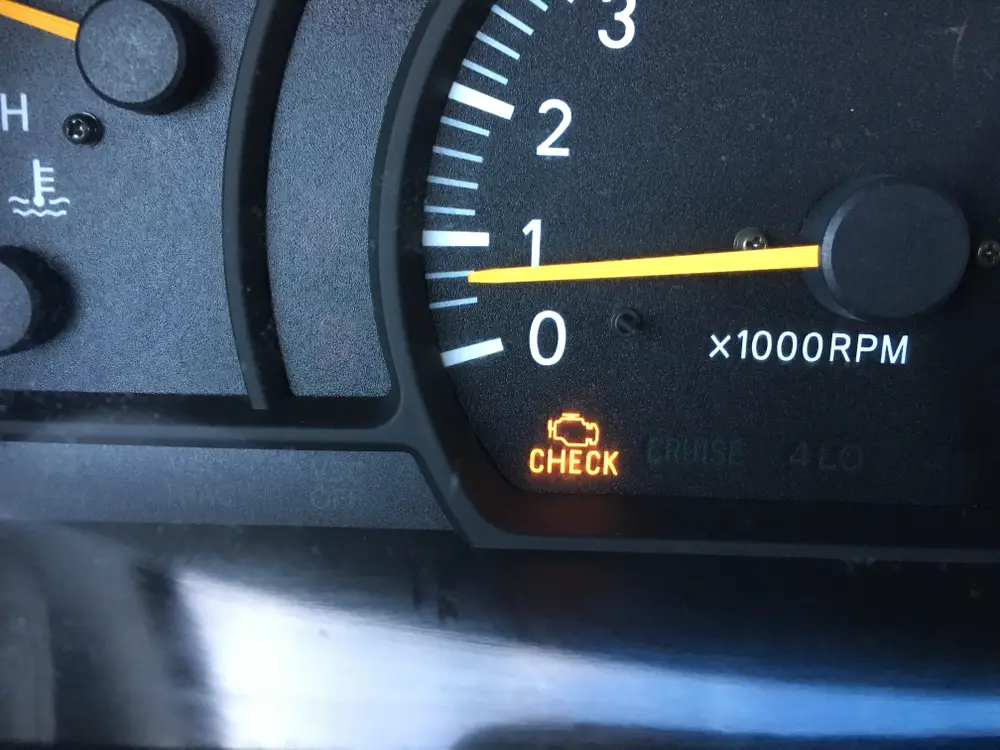
Leave a Reply